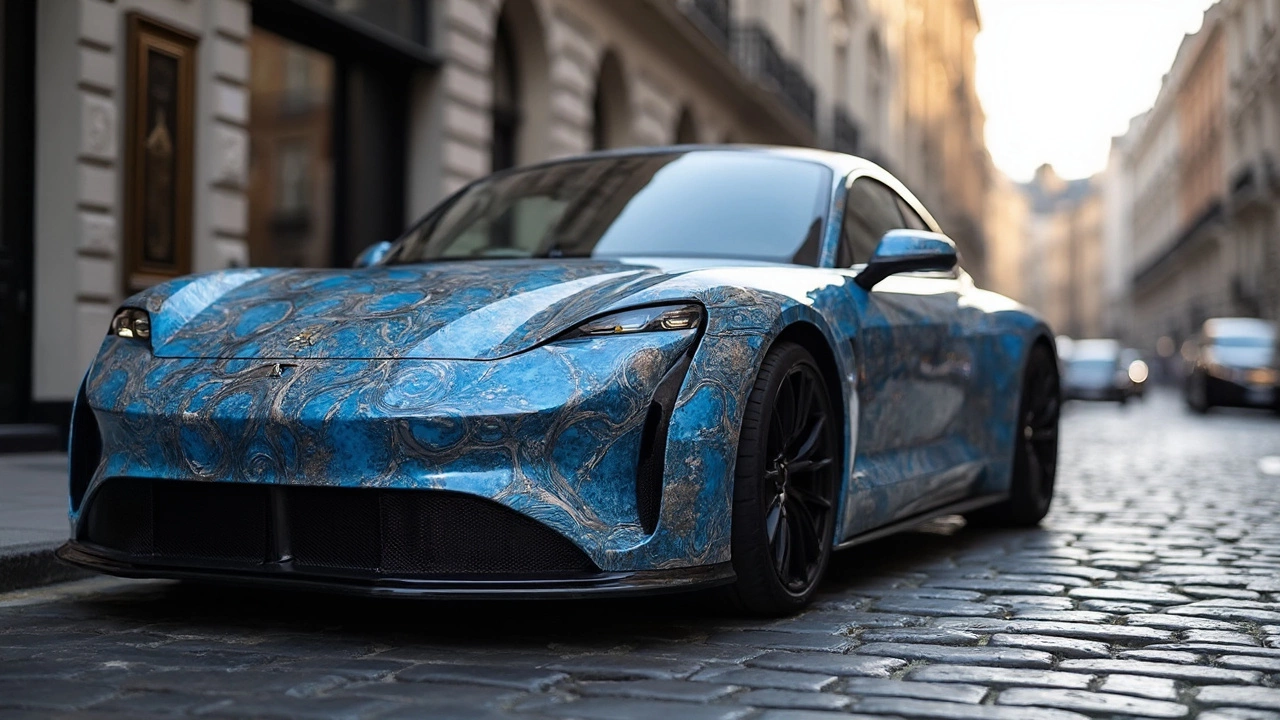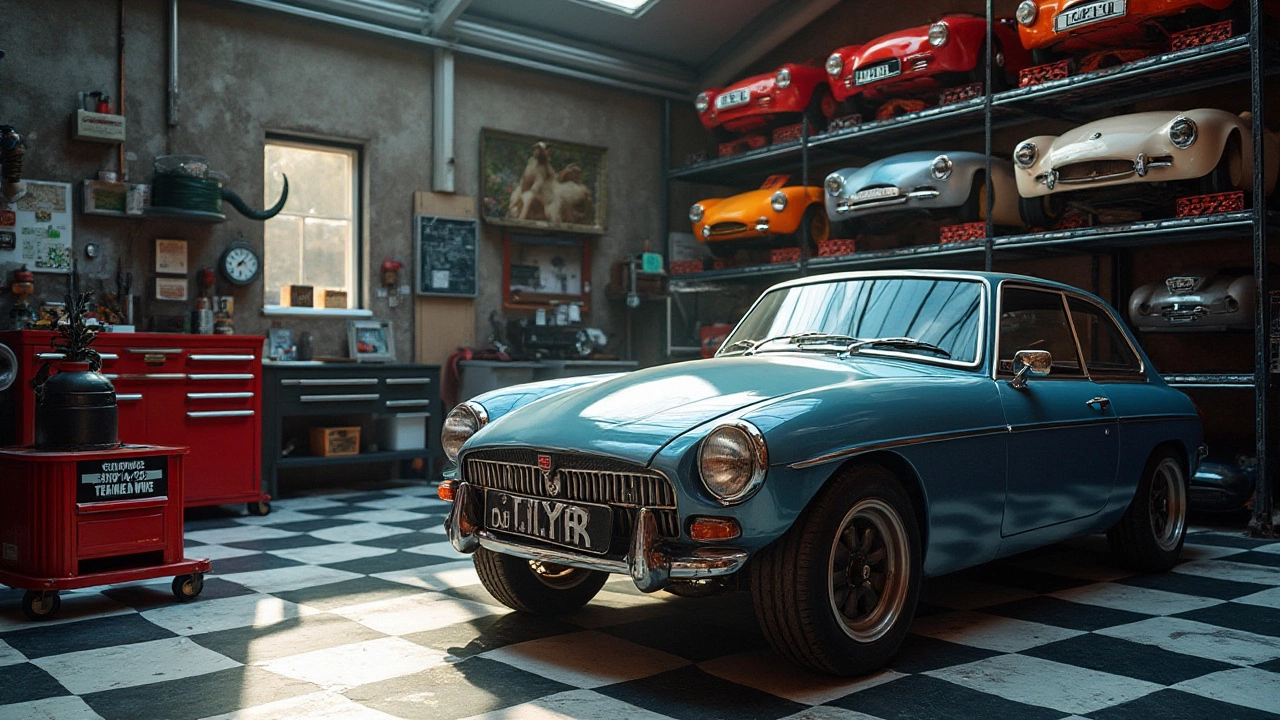If you’re wondering whether a new set of wheels or a fresh detail will bump up your car’s price, you’re not alone. Most owners think any upgrade adds cash, but the truth is a mix of smart choices and good habits. Below we break down the parts that actually move the needle and the simple steps that keep your ride valuable.
Performance parts like a well‑tuned exhaust or a reputable coil‑over kit can spark buyer interest, but only if they’re done right. A custom exhaust that sounds great and meets local noise laws often adds a few hundred dollars, especially on sports‑styled cars. On the other hand, cheap lowering springs that ruin ride comfort usually turn buyers away.
Body kits are a gamble. A matched‑set kit from a recognized brand can improve aerodynamics and looks, giving a modest resale boost. Mismatched pieces or low‑quality carbon fiber that cracks over time will actually drop the price.
Interior upgrades are safer bets. Real leather seat covers (like genuine Katzkin) or a full‑wrap vinyl upgrade tend to hold value because they protect original upholstery and look premium. Just make sure the installation is clean; messy seams scream cheap work.
Tech upgrades such as a modern infotainment system or backup camera are increasingly expected. Adding them can raise the asking price by a few hundred dollars, especially on older models that lack these features.
Regular detailing is cheap insurance. A professional‑grade detailing kit used correctly can keep paint glossy, prevent rust, and make the car feel newer. Buyers notice a spotless interior and shiny paint, and they’re willing to pay more for a car that looks cared for.
Keep all service records. A documented history of oil changes, tyre rotations, and part replacements builds trust. Even a simple spreadsheet of dates and mileage helps when you list the car.
Fix small issues before they become big ones. A cracked carbon fiber panel, a leaking seal, or a worn brake pad can drop the price by a thousand dollars or more. Addressing these early keeps the overall value high.
Stay legal with modifications. If you install wheel spacers, get an alignment and check local laws. Illegal tint or overly loud exhaust can get you fined and scare off buyers.
Finally, store the car properly. A garage or a covered spot protects paint from sun damage and keeps the interior from fading. A well‑kept car looks like a newer car, and buyers will pay for that perception.
Bottom line: not every upgrade adds cash. Focus on quality, legality, and maintenance, and you’ll see a clear bump in your car’s resale value. Use these tips and you’ll get the most bang for your buck without turning your ride into a money pit.

Car wraps are a popular trend for personalizing vehicles, but do they affect the car's value? We dive into the pros and cons of wrapping your car, examining whether it can lead to depreciation or add value. Discover tips on maintaining your wrap and how it might influence resale opportunities. This article offers practical insights into the real impact of car wraps on your vehicle’s worth.

Car enthusiasts often wonder if adding a body kit will increase or decrease the value of their vehicle. This article delves into the impact of body kits on car resale value, considering factors such as market trends, aesthetic appeal, and modification quality. While some body kits can enhance a car's desirability, others might not appeal to potential buyers. Understanding the balance can help car owners make informed customization decisions.